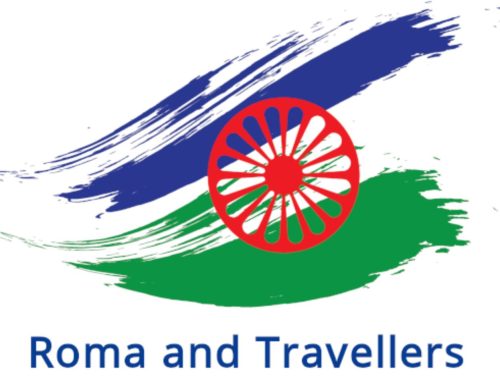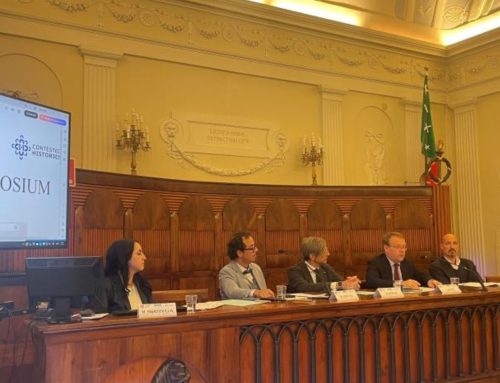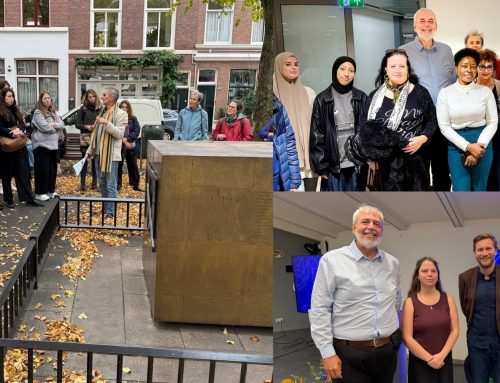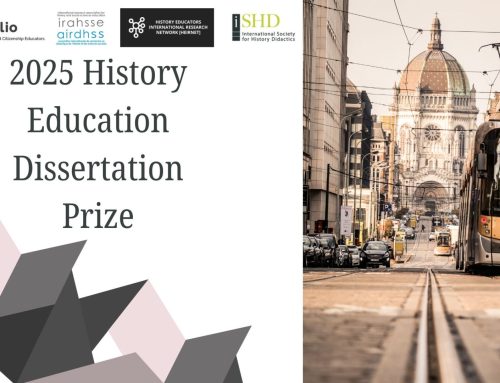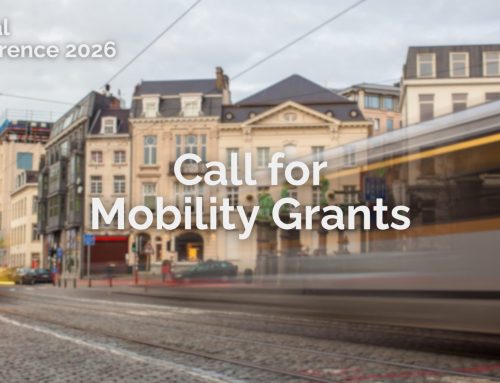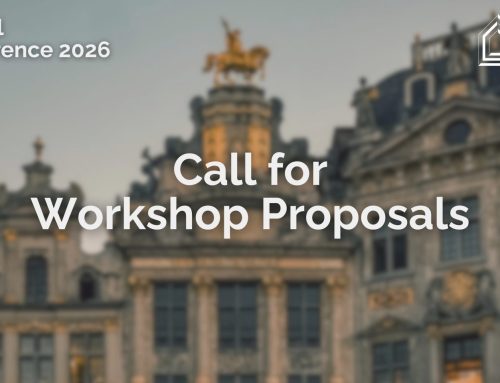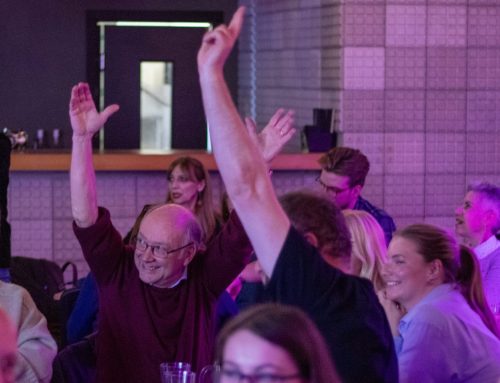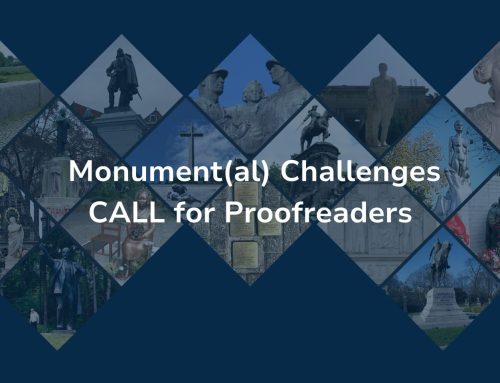Day 1 of the International Europe-Asia Conference
@ The Hague Institute for Global Justice
The International Europe-Asia Conference as a whole, explores the role of international cooperation, history education and civil society in establishing sustainable peace in East Asia in dialogue with Europe. During the first day the focus of the Conference was Historical Justice in Europe and East-Asia, chair of the first day was Nikola Dimitrov (Senior Fellow at the Hague Institute) The Conference brings together experts, speakers and participants from all over the world. Many speakers expressed the symbolic value of hosting the conference in The Hague, International City of Peace and Justice and their hope for the conference and the possibility that it provides to facilitate a forum for exchange of insights between Europe and East-Asia, between academics and students.
The day started with opening speeches by Dr. Abiodun Williams (President of the Hague Institute), Ingrid van Engelshoven (Vice Mayor on Knowledge Economy, International Affairs, Youth and Education), Jang-Hie Lee (Head President of the History NGO Forum for Peace in East-Asia), Jonathan Even-Zohar (EuroClio Director) and the ambassador of the Republic of Korea in the Netherlands Jong-Hyun Choe, who began his speech by addressing the importance of memory: “We live by memory; it is a crucial part of our identity.” In line with the aims of the conference he emphasized that “history does not stop in one country or a nation. Today we live in a very connected and interdependent world. It is therefore important to gain a common understanding of our history.”
Historical injustice is the sum of all the gross crimes committed in the past. However according to Prof. Dr. Antoon de Baets there are two types of historical injustice: recent and remote. When historical justice is recent is means that the victims are still alive, when it is remote it means that all perpetrators and victims are dead. Professor de Baets, in his speech, put the emphasis on the victims rather than the perpetrators. He explained that “there are direct and indirect victims.” Direct victims are clear, indirect victims are more difficult to define these are immediate family and persons who have suffered harm while trying to help victims. According to the professor perpetrators are always direct, never indirect.
He then raised the crucial question of: how to deal with historical injustice? When perpetrators are still alive society has a duty to investigate and prosecute. For victims, reparations should always be an option symbolic or non-symbolic. Reparations may exist in the non-symbolic form of restitution, compensation, rehabilitation or more symbolic in the form of a public apology or an official declaration to restore dignity or a reputation.
Thanks to the questions from the audience some important aspects were high-lightened and further clarified. EuroClio Special Advisor Joke van der Leeuw-Roord raised the the issue of “historical truth.” Professor de Baets admitted that historical truth “is a very complex concept, and because of this, we should talk “about accuracy and sincerity: responsible history.”
For more information about our International Conference see below:

